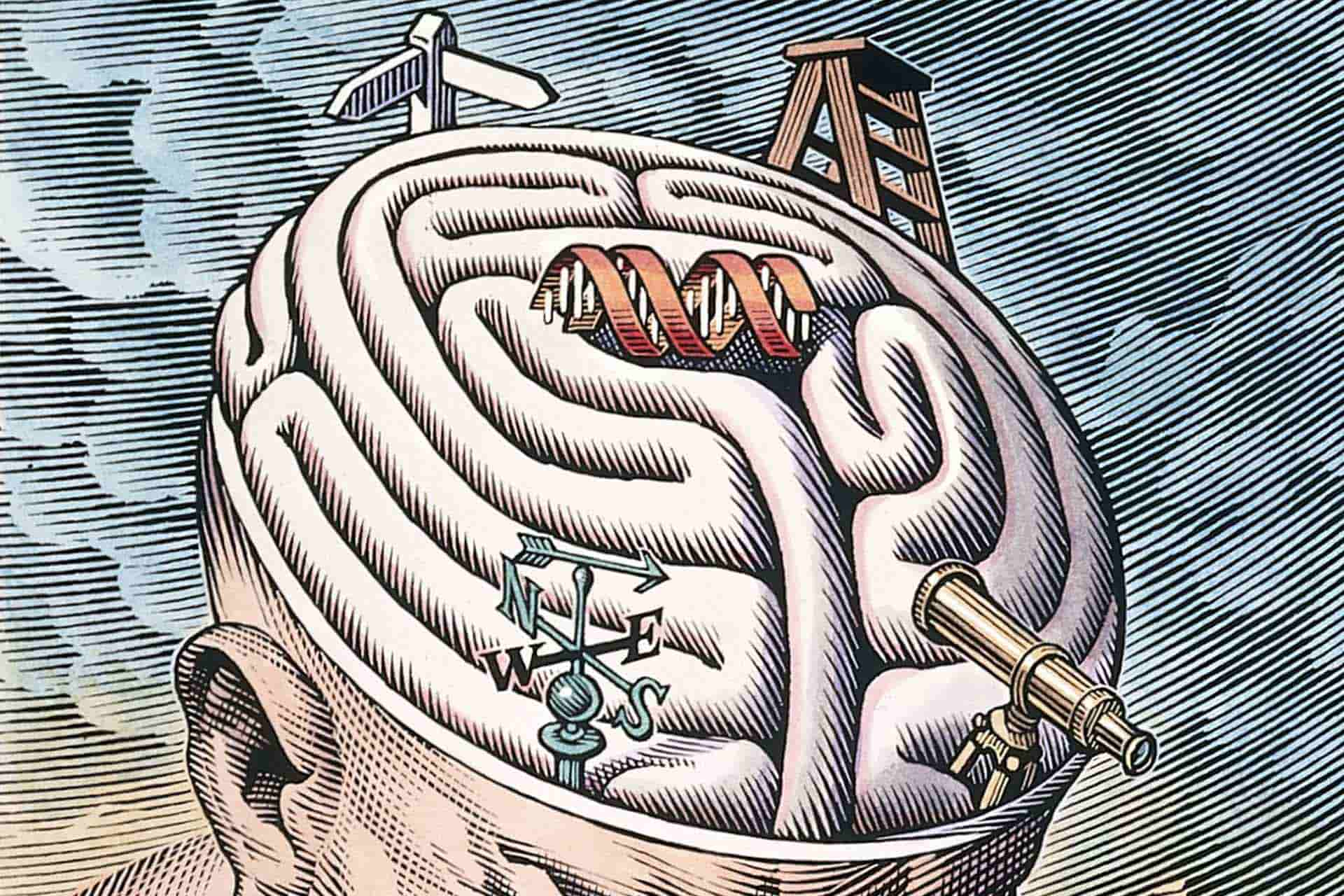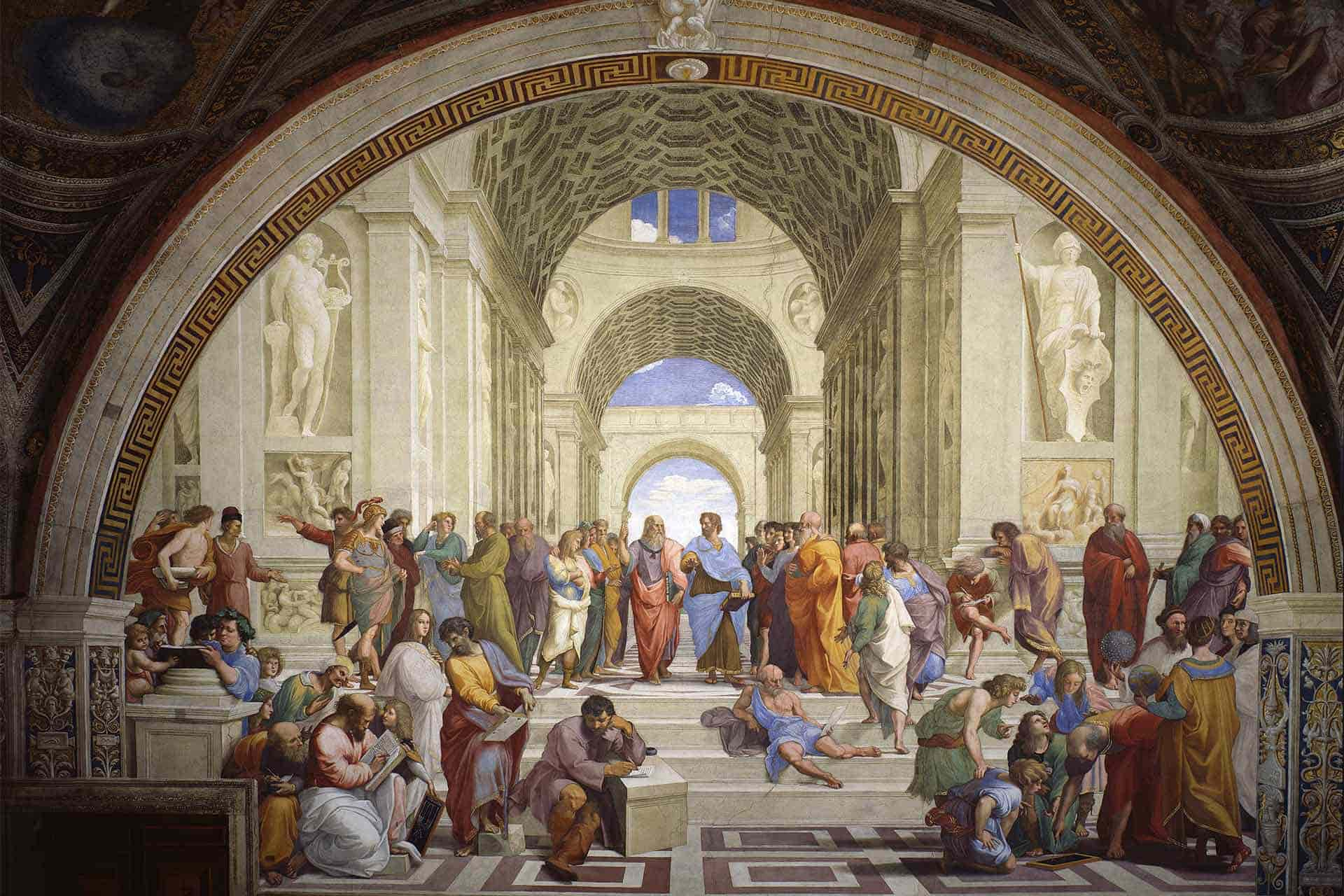
I was recently made aware that the School of Histories, Languages, and Cultures (HLC) in our University has many students utilising support plans, highlighting a warm, open culture towards academic adjustments. I was initially surprised that the need was so high in humanities, but the more I thought about this, the more sense it made...
I have a support plan because I was diagnosed with ADHD in December 2023, and it has made assignments a lot more bearable, which I almost saw as a price to pay to study what I love most (Classics). Now I see them as honing and enhancing my research skills and academic knowledge to make me the best Classicist possible!
This made me curious as to why Classics and associated disciplines are full of neurodivergent people. It’s interesting because Classics used to be a field reserved for privileged, upper-class communities. But I think Classics has evolved and will continue to, despite, for example, Latin being more difficult to access in state schools. I’ll explore this through my own perspective, as we can’t generalise about the journeys of all neurodivergent individuals.
I think that there are many reasons why people with ADHD, like me, are attracted to Classics. We are often imaginative and prone to daydreaming, so when we’re introduced to antiquity, it’s quite literally a whole new world to get lost in. It’s hard to get bored when there’s so much to look at, and there’s something for everyone. Seeing how differently people used to live can serve as escapism when you’re frustrated and suffocated by the strict, rigid modern world.
Classics welcomes outside-the-box thinking, it’s not binary and absolute like STEM subjects can be. It’s more forgiving: if you have an idea and can back it up with evidence, it will be considered. There isn’t the traditional, constrictive ‘right’ or ‘wrong’. And it's multifaceted. You can dabble in languages, philosophy, literature, archaeology, politics, sociology, medical humanities, and other cultures such as Egypt and Persia. Being able to dip in and out can sustain focus and attention long-term, because if you’re bored of one part, you can explore another. To quote Aristophanes’ comedy Clouds (702-5): “concentrate; and whenever you hit a dead end, quickly jump to another line of thought”! With the freedom to vary what you’d like to do and experiment, you’re able to find niches. In these niches, you can dissect every detail of specific, minute things, which is very friendly to a brain that may hyperfixate.
The School of Athens by Raphael. Wikimedia Commons. All images used are Public Domain: CC BY 4.0

In a number of ways, I think it was a more accepting time, and something about ancient society resonates with me personally. It was normal, back then, for people to have multiple interests and fields. Aristotle was a polymath, well-versed in multiple disciplines. He didn’t just explore philosophy and rhetoric; he was also a marine biologist (the first)!
There’s a compulsion now to find and stick to one ‘thing’ because of an obsession with labels, which I find quite unnatural and contrary to the soul’s desire to explore. But within Classics, I don’t have to have one thing. It’s normal to have multiple interests which only strengthens your work because you can take an interdisciplinary approach. Given the intellectual freedom and variety Classics offers, it’s no wonder that neurodivergent people, like me, gravitate towards the field!